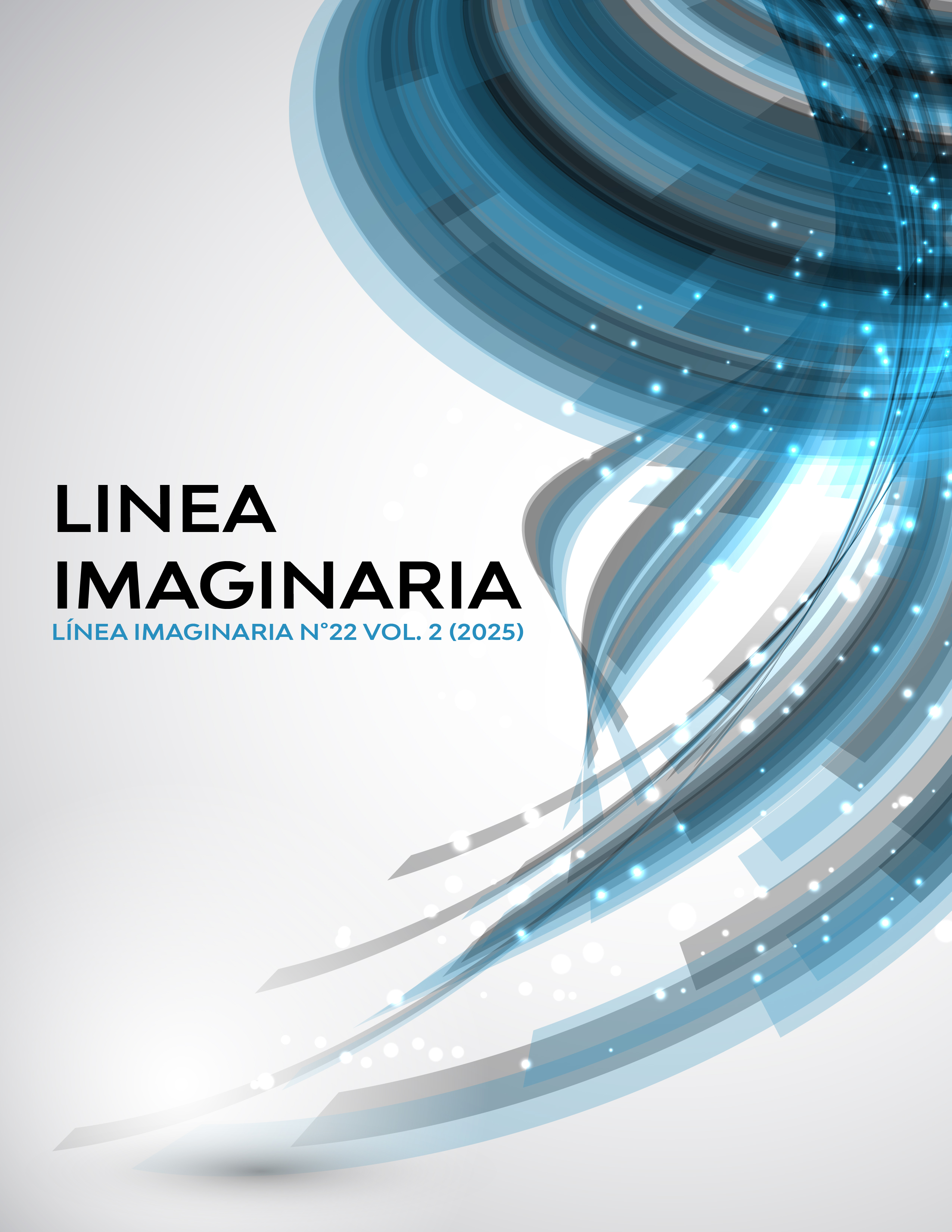READING SKILLS FOR THE PROMOTION OF CRITICAL THINKING AT THE BASIC SECONDARY LEVEL
DOI:
https://doi.org/10.56219/lneaimaginaria.v2i22.4510Keywords:
reading skills, critical thinking, Colombian educational contextAbstract
The article analyzes the importance of reading skills for the promotion of critical thinking in secondary school students in Colombia. Based on a systematic review of the literature, we sought to understand how these skills contribute to the development of critical skills in the educational field. The general objective of the research was to evaluate the current state of research on reading skills aimed at promoting critical thinking at the secondary school level in Colombian educational institutions. To do so, the Systemic Literature Review (SLR) methodology was used, through which scientific publications from the last seven years were analyzed, following rigorous inclusion and exclusion criteria. Databases such as Google Scholar and Crosserf were used, selecting 11 relevant studies for the analysis. The results show that reading skills have a transversal impact on academic performance, influencing subjects such as mathematics and science. However, factors such as socioeconomic inequality, lack of teacher training and appropriate educational policies limit their development. The study also highlights the need to adapt pedagogical strategies to the specific realities of each educational institution. In conclusion, it underlines the importance of implementing innovative strategies that promote critical reading from an early age, incorporating digital technologies and interdisciplinary projects.
Downloads
References
Campos, A. (2007). Pensamiento crítico. Técnicas para su desarrollo. Cooperativa editorial magisterio. Bogotá.
Cassany, D. (2006). Tras las líneas. Sobre la lectura contemporánea. Anagrama. Barcelona
Cassany, D. (2017). Aproximaciones a la lectura crítica: teoría, ejemplos y reflexiones. Revista de investigación e innovación educativa. Vol 32. https://revistas.uam.es/tarbiya/article/view/7275
Gutiérrez, C. y Pérez, H. (2012). Estrategia de comprensión lectora: enseñanza y evaluación en educación primaria. Profesorado. Revista de currículum y formación de profesorado, 16(1), 183-202. https://www.redalyc.org/pdf/ 567/56724377011.pdf
Ministerio de educación nacional (1998). Serie Lineamientos Curriculares Lengua Castellana. www.mineducacion.gov.co/1621/articles-89869_archivo_pdf8.pdf
Ministerio de Educación Nacional (2023). Pruebas PISA 2022: Colombia, un sistema educativo residente que requiere cambios estructurales para mejorar su calidad. https://www.mineducacion.gov.co/portal/salaprensa/Comunicados/417751:Pruebas-PISA-2022-Colombia-un-sistema-educativo-resiliente-que-requiere-cambios-estructurales-para-mejorar-su-calidad.
Organización para la cooperación y el desarrollo económico (OCDE) (2018). Educación en Colombia: de los fines de la educación y los principios de la organización para la cooperación y el desarrollo económico-OCDE Para la adhesión de Colombia. https://repository.unad.edu.co/handle/10596/13457
Page, M. (2021). Declaración PRISMA 2020: una guía actualizada para la publicación de revisiones sistémicas. https://doi.org/10.1016/j.recesp.2021.06.016 DOI: https://doi.org/10.1016/j.rec.2021.07.010
Solé, I. (1997). Estrategias de lectura. Editorial Graó. Barcelona
Downloads
Published
How to Cite
Issue
Section
License

This work is licensed under a Creative Commons Attribution-NonCommercial-ShareAlike 4.0 International License.
La revista Línea Imaginaria conserva los derechos patrimoniales (copyright) de las obras publicadas, que favorece y permite la reutilización de los mismos bajo la licencia Creative Commons Atribución-NoComercial-CompartirIgual 4.0 , por lo cual se pueden copiar, usar, difundir, transmitir y exponer públicamente, siempre que se cite la autoría y fuente original de su publicación (revista, editorial, URL y DOI de la obra), no se usen para fines comerciales u onerosos y se mencione la existencia y especificaciones de esta licencia de uso. Si remezcla, transforma o crea a partir del material, debe distribuir su contribución bajo la misma licencia del original.













